Uber’s new Toronto research hub is a big win for Canada
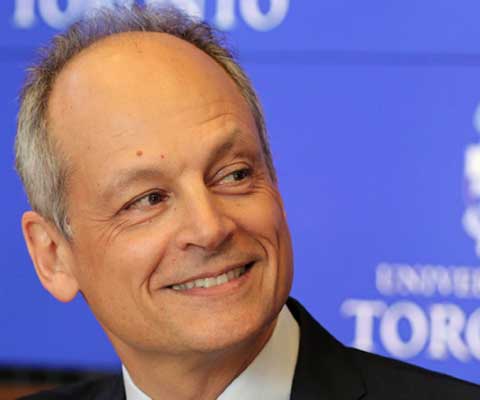
Photo: University of Toronto
This op-ed was published in the Globe and Mail on May 10, 2017
By Meric Gertler, president, University of Toronto
For too long, we have watched our best and brightest talent in burgeoning fields like artificial intelligence pack their bags to leave Canada and make their future elsewhere.
That all changed a few weeks ago, when I joined a room crowded with some of our country’s leading researchers in deep learning to celebrate the opening of Toronto’s Vector Institute.
Ontario and federal government investments, the financial support of more than 30 companies and decades of primary research by individuals, such as the University of Toronto’s Geoffrey Hinton, made this amazing milestone possible.
The occasion marked an important moment for our country, a sign – acknowledged by the federal investment in a pan-Canadian artificial intelligence strategy – of our intellectual heft in a field that holds so much potential to shape the future. It is also a testament to the long-term impact that curiosity-driven research can have on our economy and the world.
The investment in AI is designed to establish Canada as a place where our talent wants to build their careers and a place that attracts talent from around the globe. It is designed to tilt the brain-drain back in our direction.
This week, that is exactly what happened. San Francisco-based Uber announced the establishment of a new Toronto research hub dedicated to the development of self-driving vehicles, to be led by renowned University of Toronto computer scientist Raquel Urtasun. Uber plans to hire researchers and engineers and will make a $5-million commitment to Vector.
It takes a special kind of glass-half-empty perspective to see this multi-million-dollar commitment and the decision of a leading researcher to stay in Canada as a loss for our country. But that is exactly the sentiment expressed by critics in a Globe and Mail article, decrying the move as a poaching of Canadian talent.
The story overlooked the fact that Prof. Urtasun would most likely have left Canada for good had Vector and the federal pan-Canadian AI strategy not been in place. Uber is investing in Toronto and Canada because a leading researcher in AI does not want to leave.
Prof. Urtasun, who came to Canada three years ago, has chosen to make it her home. “I really fell in love with the country.” she said this week. Bringing investment and jobs to our country is a way to “pay it back,” she said, calling it a great day, not only for her and her students, but for the next generation of Canadians who will have a chance to work on self-driving cars.
All this comes at a time when countries such as the United States and Britain are turning inward. The formation of Vector and the new federal strategy are generating unprecedented global buzz and momentum, and attracting new talent to Canada. Prof. Urtasun’s part-time appointment at U of T will allow her to continue to work with great students and her esteemed colleagues.
Those critical of this development in the Globe story implied that this latest turn was a disaster for Canada. Considering the alternative – Prof. Urtasun decamping permanently for Pittsburgh or San Francisco, where Uber’s other research hubs are located – this is a big win.
A thriving innovation ecosystem needs both homegrown startups and scale-ups, as well as knowledge-intensive multinationals investing locally in research and development.
The best way to generate momentum and self-sustaining, clustered growth is to foster a rich mix of local and non-local firms, and to support spin-offs when budding entrepreneurs want to leave larger firms to start their own enterprise. Innovation hot spots worldwide all share these characteristics.
Do we need a national strategy for scaling up homegrown firms? Absolutely. Do we need public policies that encourage more Canadian firms to invest in well-educated talent and R&D at home? You bet.
But it makes no sense to say that the big players south of the border are not welcome here. Such a parochial perspective will only pave the way for more departures.
The success of our AI sector is a testament to the work of many researchers and the public agencies that supported them when the idea of driverless cars and machines that mimic human thinking were the stuff of science-fiction. That others are taking notice and putting down roots here is a good thing.
-30-
About Universities Canada
Universities Canada is the voice of Canada’s universities at home and abroad, advancing higher education, research and innovation for the benefit of all Canadians.
Media contact:
Lisa Wallace
Assistant Director, Communications
Universities Canada
communications@archives.univcan.ca
Tagged: Research and technology
Related news
-
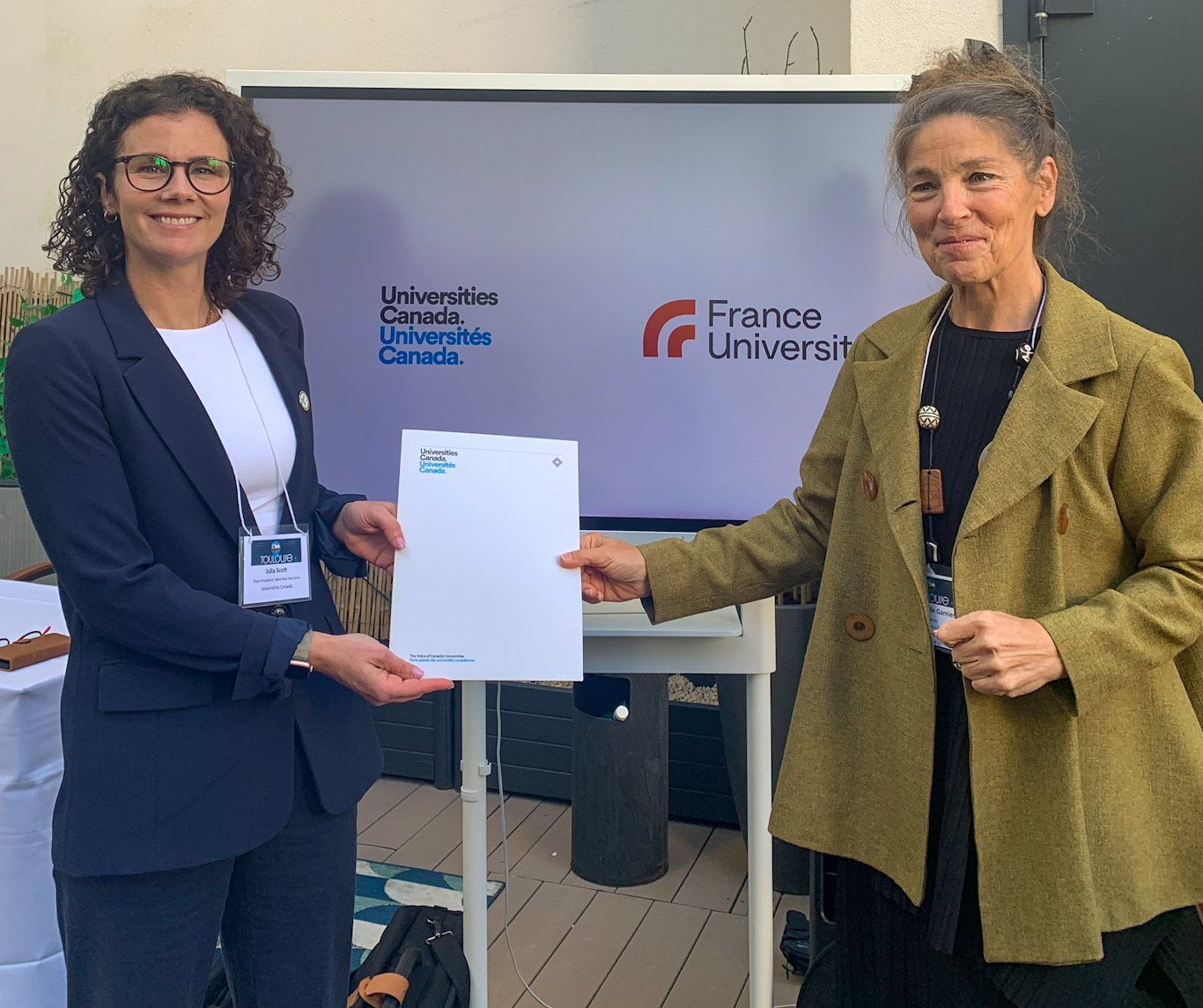
Canadian universities strengthen ties with France and other European nations amid Horizon Europe agreement
-
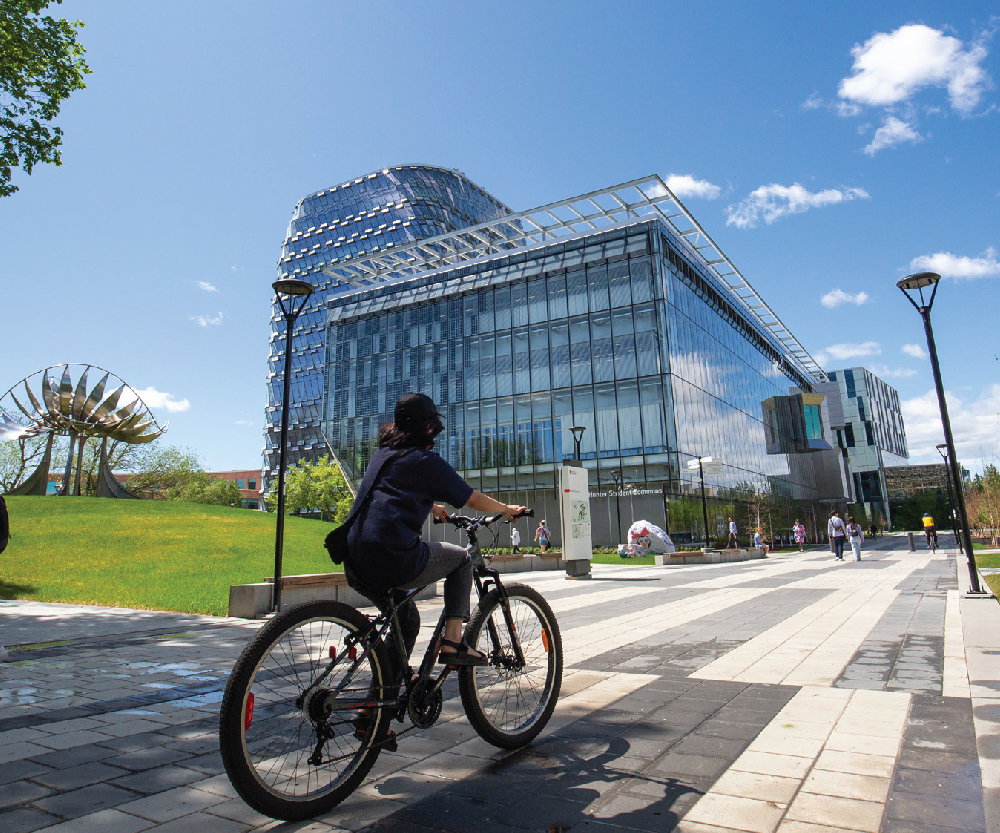
Investing in universities is an investment in Canada’s future
-
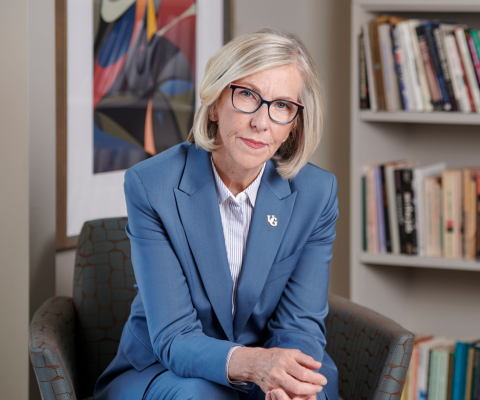
A national sustainable agriculture plan needs to include universities
-
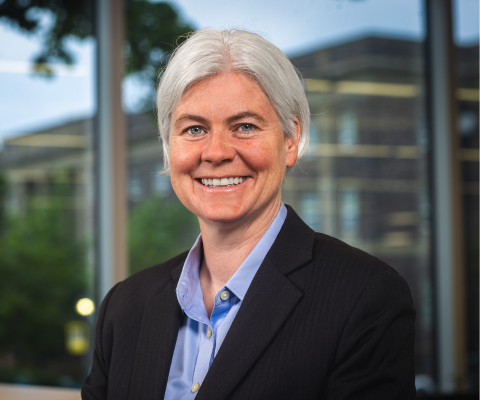
Universities are an essential partner on the path toward Canada’s low-carbon hydrogen future
